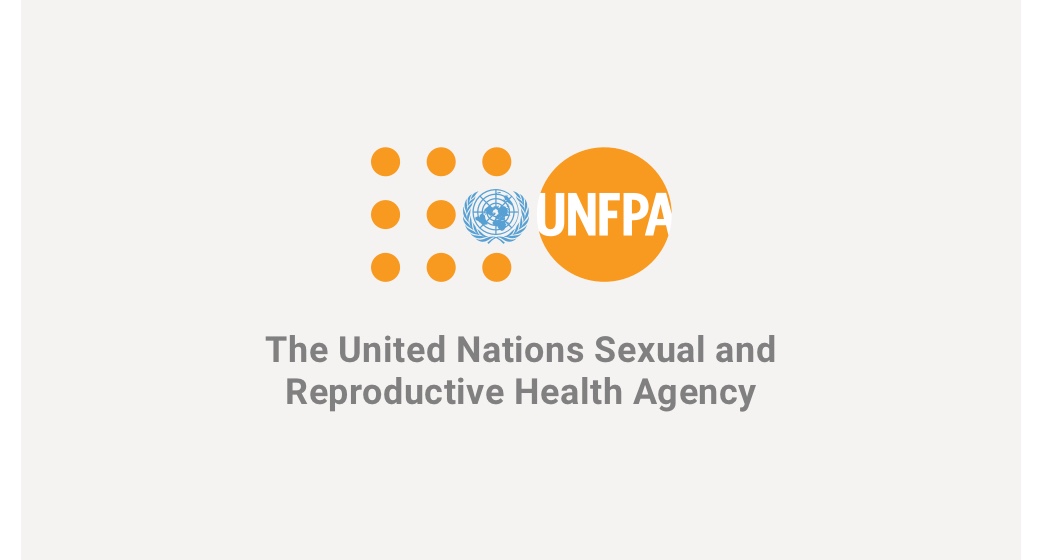By Zayamu Hassan
The decision by the United Kingdom to cut an approximately 85 percent of its supplies to the United Nations Population Fund (UNFPA) will be devastating to women and girls across the world.
UNFPA Executive Director, Dr Natalia Kanem who disclosed this, said it will also lead to increase in maternal, child mortality, unintended pregnancies and unsafe abortions.
In a statement, she lamented that the UNFPA Supplies Partnership would have helped prevent around 250,000 maternal and child deaths, 14.6 million unintended pregnancies and 4.3 million unsafe abortions.
Dr Kanem, therefore, called for support from partner countries, noting that: “We count on the continued support of the international community and call on all our partners and allies to come together and secure the vitality of UNFPA Supplies and of all our programmes.
“In this Decade of Action on the Sustainable Development Goals, even and especially during the COVID-19 pandemic, we must finish the unfinished business of the International Conference on Population and Development Programme of Action and deliver on the promises made to women and girls. They are counting on us.”
The statement revealed that the intended 85 percent cut to UNFPA supplies by the UK will mean that “the expected contribution of £154 million ($211 million) for 2021 now will be reduced to around £23 million ($32 million), a retreat from agreed commitments made to the programme in 2020.
“In addition, £12 million ($17 million) is to be cut from UNFPA’s core operating funds. Several country-level agreements are also likely to be impacted.”
These cuts, she insisted, will be devastating for women and girls and their families across the world.
“With the now-withdrawn £130 million ($180 million), the UNFPA Supplies Partnership would have helped prevent around 250,000 maternal and child deaths, 14.6 million unintended pregnancies and 4.3 million unsafe abortions,” Dr Kanem added.
She explained that the UNFPA recognizes the challenging situation facing many donor governments, “yet deeply regrets the decision of our longstanding partner and advocate to step away from its commitments at a time when inequalities are deepening and international solidarity is needed more than ever.”
According to her, when funding stops, women and girls suffer, especially the poor, those living in remote, underserved communities and those living through humanitarian crises.
“The needs of women and girls and their right to modern contraceptives have not changed, and UNFPA remains resolute and dedicated to our mandate. We are assessing the full scope and impact of the cuts and are actively formulating mitigation strategies,” Kanem concluded.


